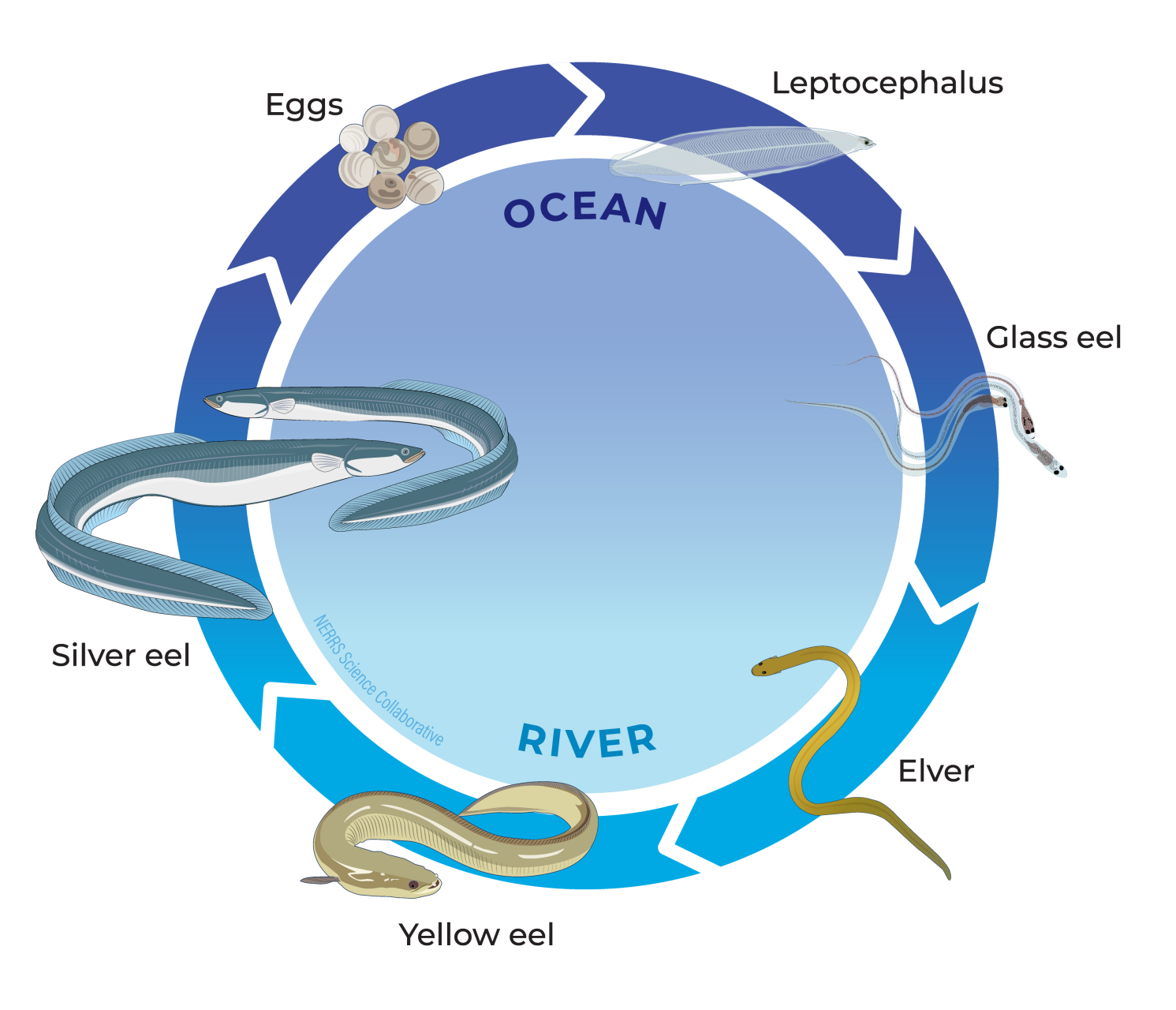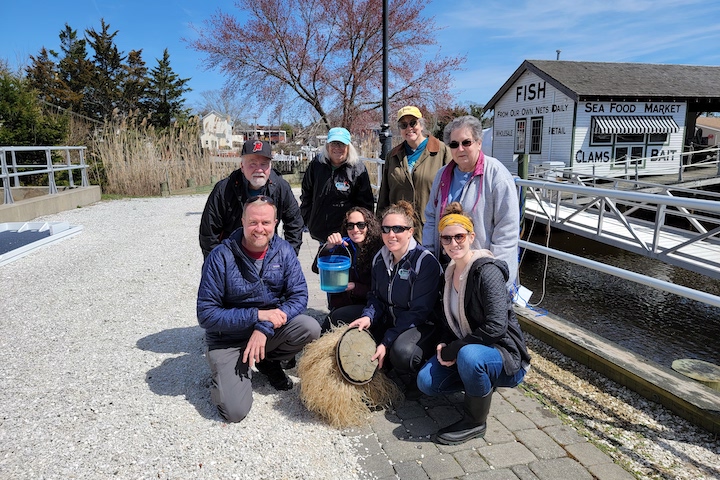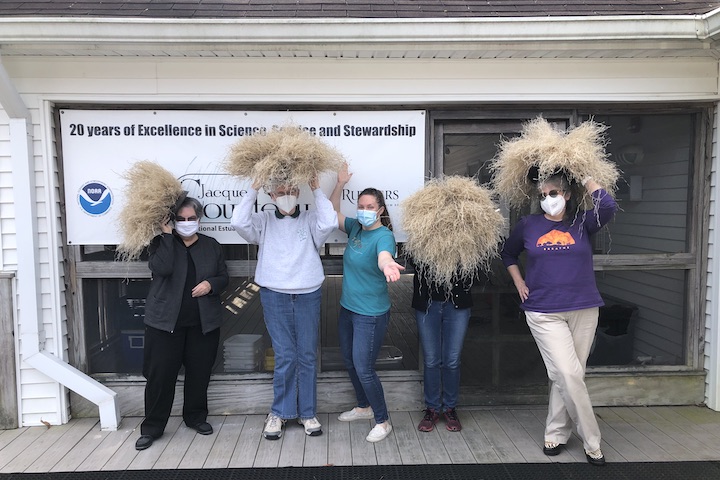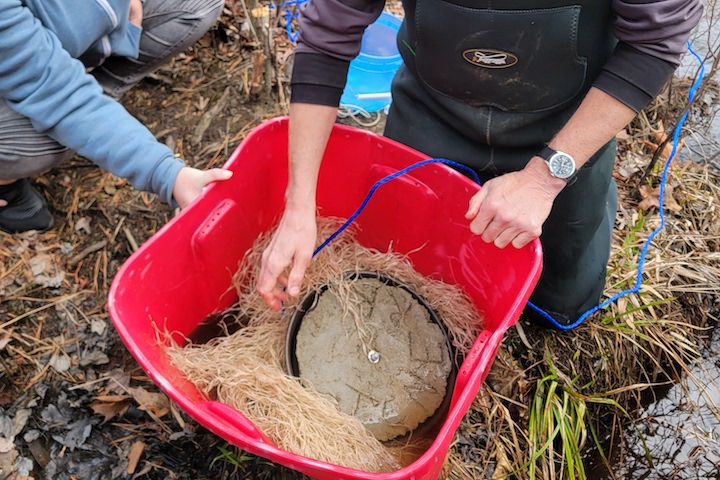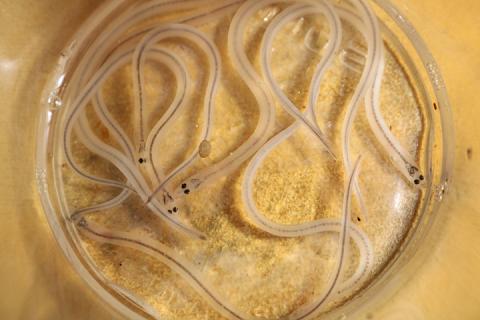
This project transferred the Hudson River Eel Project to the Jacques Cousteau Reserve as a mechanism to increase community engagement, provide real-world science opportunities to teachers and students, and provide useful information about the American eel (Anguilla rostrata) to fisheries managers.
The project
Since 2008, the Hudson River Reserve has been successfully monitoring glass eels across various sites along the Hudson River with help from local volunteers. The Hudson River Eel Project is a community science program in which individuals across a wide range of demographics can participate in activities including juvenile eel collection, simple data entry, and transport of these organisms upstream over dams or other obstacles. Volunteers at the Jacques Cousteau Reserve expressed a desire for involvement in research and monitoring-related field work, but research-related volunteer work has often been limited and sporadic throughout the year despite its popularity.
This two-year science transfer project allowed the Jacques Cousteau Reserve to offer volunteers a research-related monitoring program by transferring best practices for implementing community science efforts from the Hudson River Eel Project. This program is the first community science volunteering opportunity initiated and overseen directly by staff at the reserve, strengthening relationships between the reserve and surrounding communities and providing useful information about the American eel to fisheries managers. Local teachers benefit from the eel monitoring program through the opportunity to incorporate more real-world, locally-relevant science into their teachings. The program allows volunteers to experience real world scientific research in cooperation with Jacques Cousteau Reserve, and educates participants on the ecological importance of the eels to the estuary and freshwater ecosystems.
The impact
- Established a Jacques Cousteau Reserve “Eel Team” of dedicated volunteers, with over 183 volunteer hours recorded throughout the two-year project, and engaged additional community members who expressed interest in future volunteering opportunities.
- Created K-12 education opportunities to help students grapple with current environmental issues, experience hands-on stewardship, and learn about the ecological importance of eels to estuarine and freshwater ecosystems.
- Strengthened relationships and knowledge sharing between the Hudson River and Jacques Cousteau reserves.
- Established new collaborative relationships, beyond the project partners, among Jacques Cousteau Reserve and other regional programs involved or interested in eel monitoring.
